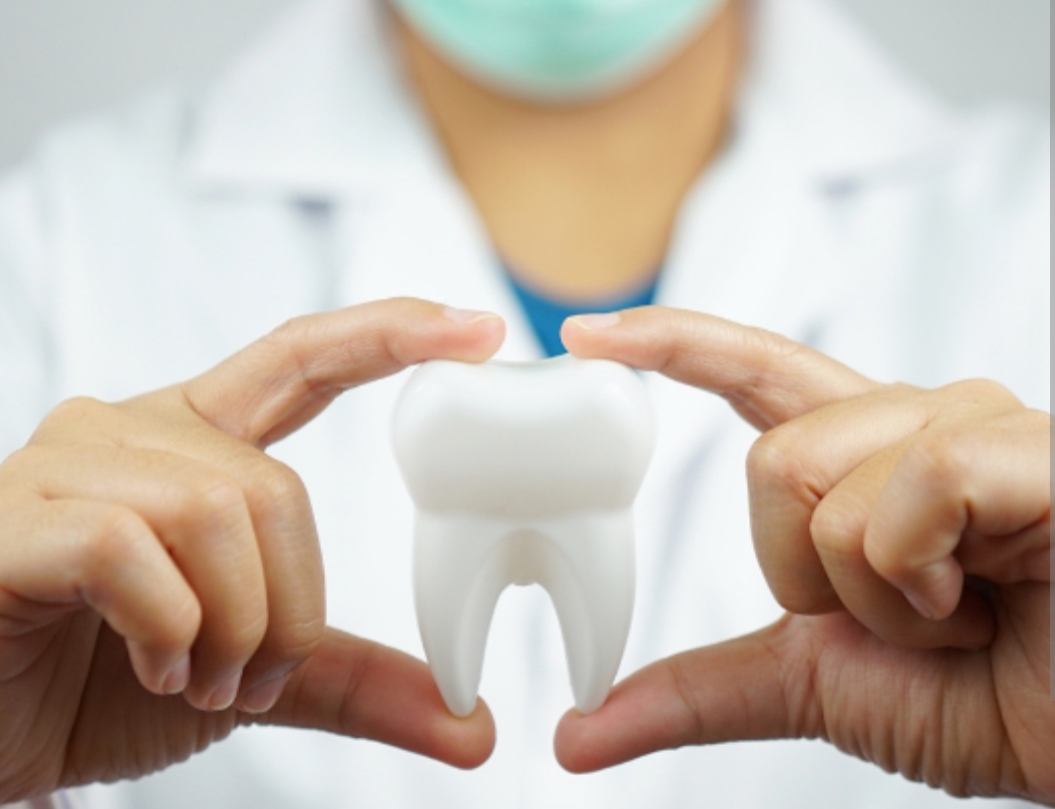
Did you know that your dentist may discover diabetes or heart disease during a routine tooth cleaning? You must recognize the link between your dental and overall health, which is why dentists look for loose teeth, bleeding gums, and other signs of major health issues. Continue reading to learn about the common medical conditions that your dentist can detect.
1. Cardiovescular diasease
Gum disease is a common diagnosis among people who have cardiovascular disease. If you have an oral infection, it’s more likely for gum-borne bacteria to get into your circulation and go to your heart.
You should let your dentist know if there is a history of heart disease in your family so they can keep an eye on your teeth and gums. The last thing someone with coronary artery disease needs is tooth plaque moving through their arteries.
2. Diabetes
Due to their increased susceptibility to infection, those with diabetes frequently develop gingivitis and periodontitis. Plaque accumulation on your teeth and gums, which causes oral infections, can progress into a severe periodontal disease if left untreated. While periodontitis is a lifelong disease, gingivitis may be treated by establishing a good oral hygiene practice and having your teeth cleaned by a dental specialist at least once a year.
You should let your dentist know if you have a family history of diabetes so that they may quickly identify oral infection signs including bleeding gums, gum recession, swollen gums, bad breath, and loose teeth.
3. Osteoporosis
The bones in your body may degenerate as you age owing to a condition known as osteoporosis. Because osteoporosis weakens bones, many elderly people are prone to breakage owing to slipping and falling. Your dentist may be able to detect signs of osteoporosis in your smiles, such as loose teeth and gum recession.
4. Mouth cancer
Over 50,000 US citizens are expected to get a mouth or throat cancer diagnosis by the end of the year, according to the American Cancer Society. Fortunately, oral cancer tests can be used to detect the disease in its earliest stages, giving you the highest chance of surviving.
If you have a history of using tobacco products or abusing alcohol, your chance of developing oral cancer increases. For this reason, it’s crucial that you provide your dentist with a complete medical history. Your dentist will be able to do a mouth cancer screening and examine the inside of your mouth for any unusual lumps or patches during your regular dental checkup.
5. Eating disorders
Although those who suffer from eating disorders are aware of what they are doing, they may conceal their symptoms from loved ones and healthcare providers. Sadly, this can result in a large number of eating disorder sufferers not receiving the necessary care.
The loss of tooth enamel on the inner of the front teeth should allow a dentist to identify the symptoms of an eating problem during a dental visit. Additionally, a person with an eating problem may develop a dry mouth, overly sensitive enamel, and bleeding gums.
6. Dementia
One of the early indicators of dementia is improper dental hygiene since patients typically forget whether or not they’ve cleaned their teeth. It turns out that bad oral care may actually raise your risk of dementia because, according to recent research, the bacteria that cause oral infections may be able to enter the brain of senior individuals and damage their cognitive function.
